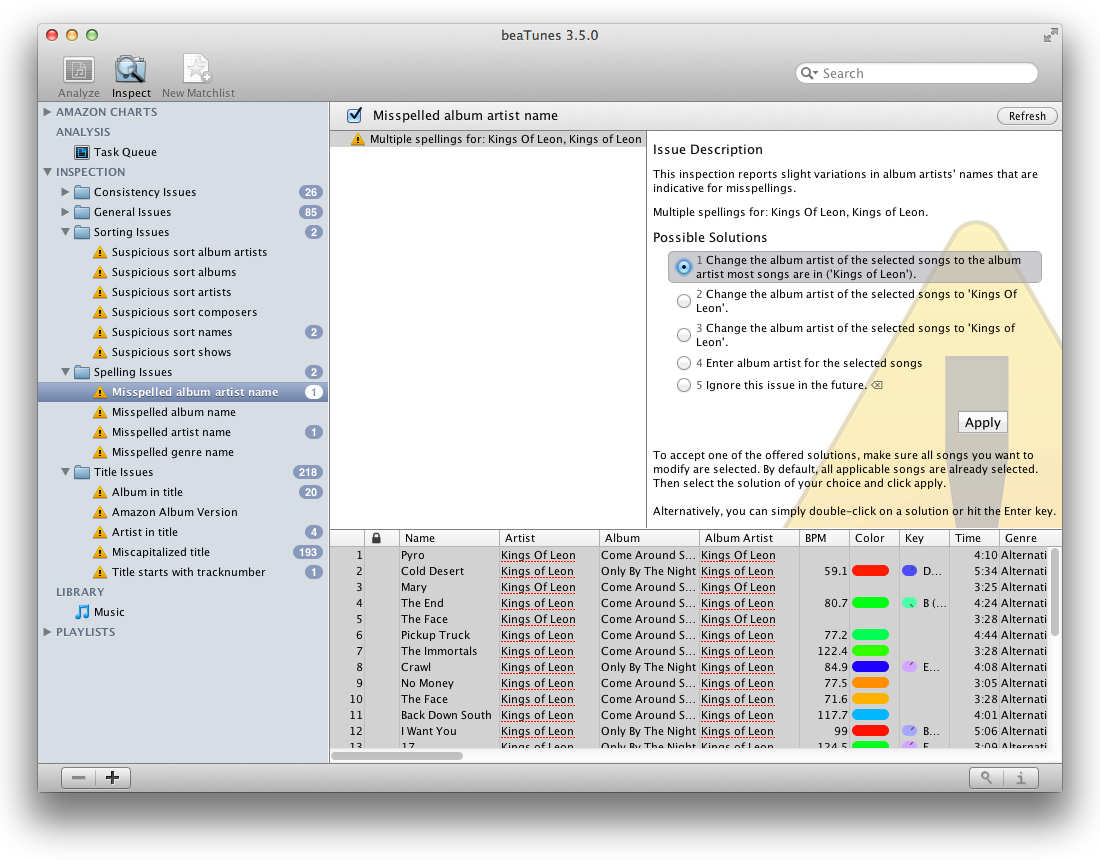If you're familiar with, you know that we've dedicated over two decades to supporting jazz as an art form, and more importantly, the creative musicians who make it. Our enduring commitment has made All About Jazz one of the most culturally important websites of its kind in the world reaching hundreds of thousands of readers every month. However, to expand our offerings and develop new means to foster jazz discovery we need your help. You can become a sustaining member for a modest and in return, we'll immediately hide those pesky Google ads PLUS deliver exclusive content and provide access to for a full year! This combination will not only improve your AAJ experience, it will allow us to continue to rigorously build on the great work we first started in 1995. Ornette Coleman Change Of The Century 1959 Change Of The Century was an audacious album title, to say the least.
On his second Atlantic releaseand second with his most like-minded ensemble (trumpeter, bassist and drummer )alto saxophonist Ornette Coleman pushed the freedom principal farther. At the same time, he looked backward too for inspiration. Having eliminated the piano on his Contemporary release, (1959), Coleman opened up wide improvisational opportunities. On that recording, he and his 'freedom principle' remained partially inhibited by the presence of traditionalist bassist and drummer, who resisted coloring outside of the lines as Coleman was attempting to do. But that was not so on (Atlantic, 1959) and Change Of The Century. While the rhythm section continued to provide enough cohesive swing to propel matters, Coleman and Cherry stretched the melodic boundaries without the previous harmonic anchors. Change of the Century is compelling in its embrace of contrasts.
Jun 23, 2015 - The very first Ornette Coleman album from 1958, with a very programmatic title and four. Free Jazz: A Collective Improvisation (Atlantic, 1960).
'Ramblin' is funky organic, almost early rock and roll. Haden plucks and strums his way through a fractured 12-bar format that never fully resolves itself into the comfort of the anticipated. Coleman's solo over Haden's support is bar-walking rhythm and blues, lowdown and dirty, smelling of beer and Lucky Strikes.

Cherry plays his famous pocket trumpet, sounding closer to than anyone else, squeezing out hard bop lines like sparks from a metal lathe. Haden solos using the figures he has supported the whole piece with. His intonation is middle-of-the-note, relaxed and slightly wooden. 'Ramblin' retains an erstwhile harmonic structure, albeit only barely. The head of 'Free' is an odd premonition for composer/saxophonist 's 'Hoedown' from The Blues and the Abstract Truth (Impulse!, 1961), passing through an ascending and descending blues figure. Haden is rock solid throughout, even when the solo-going gets ragged and frayed.  Higgins' accents are as potent as pepper, shoring up the edges of chaos on the briskly-timed piece.
Higgins' accents are as potent as pepper, shoring up the edges of chaos on the briskly-timed piece.
'The Face Of Bass' gives prominence to Haden while at the same time sounding strangely traditional for an album entitled Change of the Century. But it is a facade. Coleman encourages a careful abandon in the piece's overall structure and arrangement. Cherry pops on his solo, sometimes sounding like, sometimes,.
'Forerunner' pretends that it is bebop, with a serpentine head and a deft drum break by Higgins. Coleman's solo is inspired, quenched in gospel and the blues. His tonal expanse is as big as his native Texas, informed by the many great tenor saxophone players from that state. Cherry emerges assertive, playing with swagger and attitude. So well constructed and delivered is his solo that it is easy to forget that a move toward a freer musical system is in the works. Haden remains stalwart in time-keeping, shepherding everything between the rhythmic ditches. The same can be said for the -inspired 'Bird Food,' which is surveyed at a fast clip over a complex note pattern.